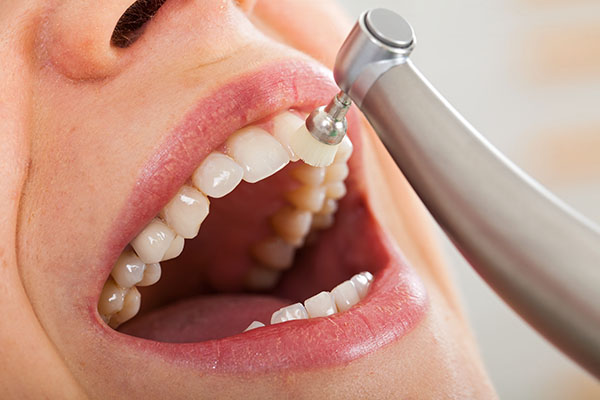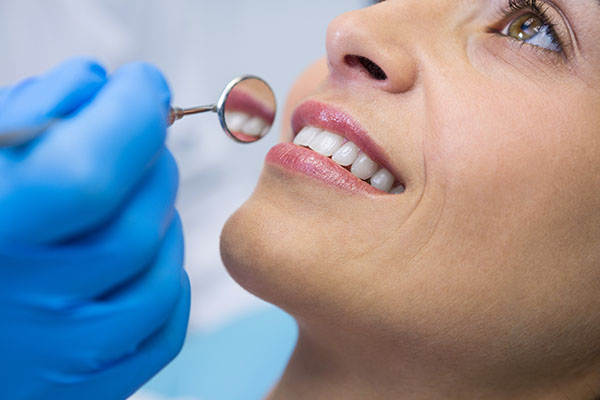 To manage the pain you will feel after a root canal treatment and to prevent infection, it is critical to follow proper aftercare. The treatment is standard, so it should not be a surprise to your dentist. Once you go home, you will need to follow some aftercare tips to keep your mouth healthy. Here are three tips to help you get started.
To manage the pain you will feel after a root canal treatment and to prevent infection, it is critical to follow proper aftercare. The treatment is standard, so it should not be a surprise to your dentist. Once you go home, you will need to follow some aftercare tips to keep your mouth healthy. Here are three tips to help you get started.
What to expect after a root canal treatment
The aftermath of a root canal involves pain management and some recovery time. When a tooth is infected, it is essential to treat it quickly to prevent further infection. The procedure is typically painless due to local anesthetic application. After the dentist completes the treatment, there are specific steps to follow for a good outlook.
Dealing with discomfort
While patients do not need to be bedridden for any length of time, a certain amount of discomfort is to be expected. Prescriptions are given for pain management and swelling that happens after the anesthesia wears off. Patients should not eat or drink anything until after the mouth is no longer numb. Doing so can result in biting the cheek or cracking the tooth due to lack of sensation.
Patients should fill the prescription given by the dentist as soon as possible after the procedure. If it is possible to get it done before, that is even better. Depending on the medication prescribed, it is not unusual to feel drowsy after taking it. It is a good idea to relax the rest of the day after the root canal treatment.
Eating softer foods and continuing medication
The dentist will also have prescribed antibiotics to take after the procedure. It is important to take them to avoid re-infection while the site is healing. The pain and swelling will go away after a few days. If the pain does not or becomes persistent, patients should call the dentist for an immediate follow-up.
When it comes to eating, patients should opt for softer foods that do not require much chewing. Applesauce, yogurt, and oatmeal are all great choices. Rice and bananas can also be good options. The patient should avoid chewing on the side of the mouth where the root canal treatment was done as much as possible. Brushing and flossing after the procedure must be handled with care at the site until after the dentist gives the green light to resume normal activities.
Future outlook and possible complications
Future appointments and regular follow-ups are crucial to the overall success of a root canal treatment. Even if the pain is gone, the dentist still needs to make sure the procedure went well. If a crown is in place, the dentist will continually check it to ensure it fits correctly. Since the root and pulp are gone, the feeling will also be gone at the site, so a dentist must look at it regularly to prevent any future complications.
Complications can happen after the dental procedure. While uncommon, there is always the possibility of reintroduction of bacteria to the root canal site. Breaking or cracking the tooth before the permanent filling or crown is in place can also happen if the site is not treated with care afterward. If pain returns in the future, the dentist will need to see the patient as soon as possible to get the issues dealt with. When pain shows up again later, a second root canal is not uncommon.
The bottom line
There is no reason to fear root canals. The treatments are routine for dentists, so they know what they are doing. Prepare yourself for minor discomfort after the procedure, and take the proper aftercare steps for a positive outcome. If anything feels off or hurts after a few days, contact your dentist for a follow-up.
Request an appointment or call Founders Dental at 720-893-7362 for an appointment in our Castle Rock office.
Recent Posts
A root canal is an important treatment to save a tooth that might otherwise be lost to damage or infection. When a tooth infection occurs, the symptoms can be severe and upsetting, especially if they start in the middle of the night. It is advisable to promptly seek treatment for a decaying, infected, or damaged…
Root canal treatment is often the best (or only) way to deal with an abscessed tooth that results from a tooth infection. This review discusses the role root canal treatment plays in treating an abscessed tooth and what you can expect throughout the diagnostic and treatment processes.An abscessed tooth can affect one’s ability to function…
Root canal treatment is used to address infection or inflammation of the nerves and blood vessels in a tooth’s pulp chamber. The contents of the pulp chamber can become inflamed or infected for various reasons like trauma to a tooth, an untreated crack, or severe deep decay. Root canal treatment often allows patients to save…


